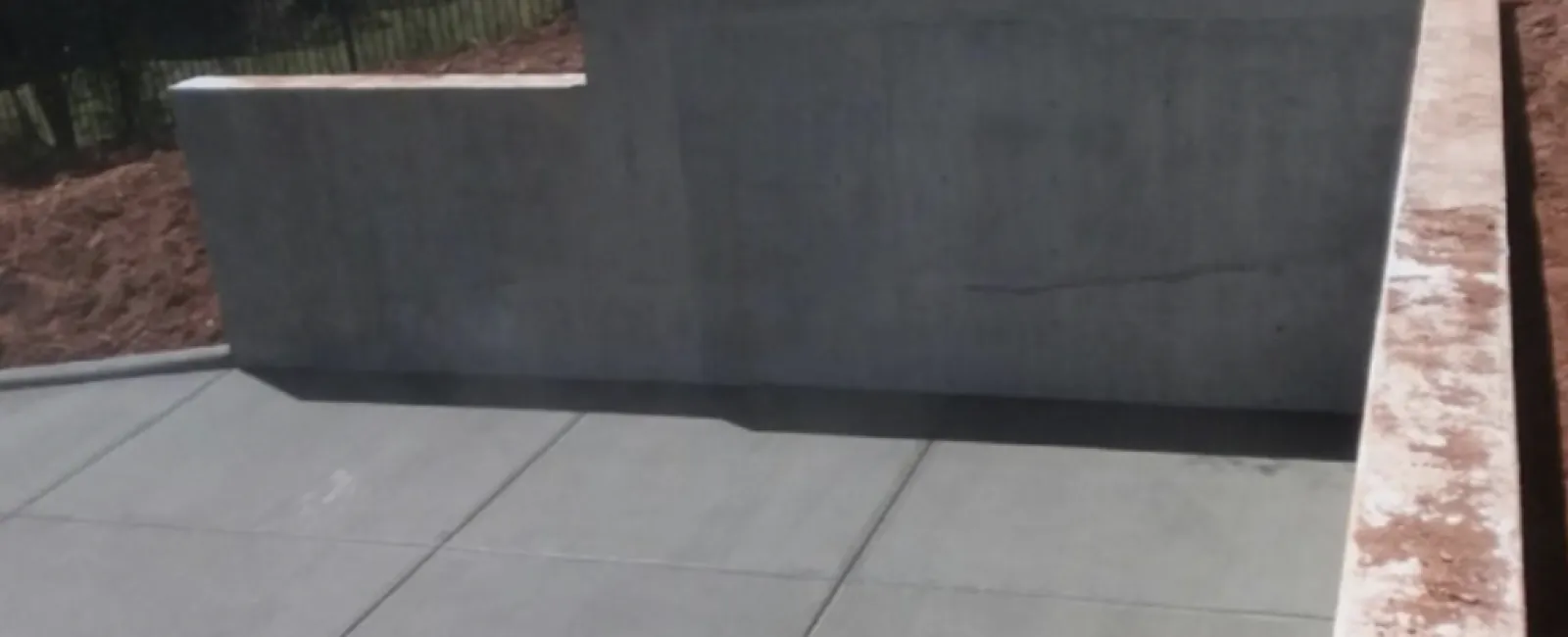Tips for Successfully Pouring Concrete Foundations for Residential Homes
The foundation is the backbone of any residential structure, providing stability and support for the entire building. When it comes to pouring concrete foundations for homes, precision and proper techniques are essential to ensure the structural integrity and durability of the house. In this blog, we’ll explore some key tips to help you successfully pour concrete foundations for residential homes.
Plan and Prepare
Proper planning is the foundation (pun intended) of any successful concrete pouring project. Before starting, consider the following:
- Design and Layout: Work closely with architects and engineers to develop a precise foundation plan that accounts for load-bearing requirements, soil conditions, and local building codes.
- Site Preparation: Ensure the site is clear of debris, vegetation, and any obstructions. Proper excavation to the required depth and dimensions is essential. Adequate drainage should also be planned.
- Formwork: Build sturdy formwork to outline the shape and dimensions of the foundation. Properly constructed forms are critical for achieving a level and structurally sound foundation.
Choose the Right Concrete Mix
Selecting the appropriate concrete mix is crucial. Factors to consider include:
- Strength Grade: The concrete mix should meet or exceed the required compressive strength for the foundation, as specified in your plans.
- Aggregate Size: The size of the aggregate (gravel or crushed stone) in the mix can affect workability and finish. Consult with your concrete supplier to choose the right mix for your project.
- Admixtures: Depending on your climate and site conditions, you may need admixtures such as accelerators or retarders to control curing time.
Ensure Proper Reinforcement
Reinforcement is essential to the strength and durability of your foundation. This typically involves using steel reinforcement bars (rebar) or other structural reinforcement options. Ensure that the rebar is placed correctly according to the structural plans and secured with proper splicing and overlaps.
Adequate Concrete Placement
Concrete placement is a critical step in the process. Here’s what you need to keep in mind:
- Proper Pouring Technique: Use a concrete pump or a concrete mixer truck to transport and pour the concrete evenly into the forms. Avoid dumping or dropping concrete from a height, as this can cause segregation and weaken the mixture.
- Vibration: To eliminate air pockets and ensure a dense, uniform concrete mix, use a concrete vibrator to consolidate the concrete as it’s poured.
- Workable Batches: Ensure that concrete is delivered in batches that can be placed and finished within the specified time frame. This helps prevent cold joints, which can weaken the foundation.
Proper Curing
Curing is essential to allow the concrete to achieve its full strength and durability potential. Here are some curing tips:
- Moisture: Maintain adequate moisture levels on the concrete surface for at least seven days. This can be achieved through regular water spraying or by covering the concrete with wet burlap or curing blankets.
- Temperature Control: Monitor temperature conditions to prevent extreme temperature fluctuations during curing. Avoid exposing the concrete to direct sunlight or freezing temperatures.
Quality Control and Inspections
Regular inspections and quality control checks throughout the pouring and curing process are crucial. Ensure that the concrete is being placed and finished according to the plans and specifications, and address any issues promptly.
Experienced Contractors
Finally, working with experienced and reputable concrete contractors is essential for a successful foundation pour. They bring knowledge, expertise, and the right equipment to ensure the job is done correctly and efficiently.
Conclusion
Pouring concrete foundations for residential homes is a critical stage in the construction process, and attention to detail is paramount. By following these tips and working with experienced professionals, you can ensure that your foundation is solid, durable, and capable of providing a stable base for your residential structure for many years to come.

